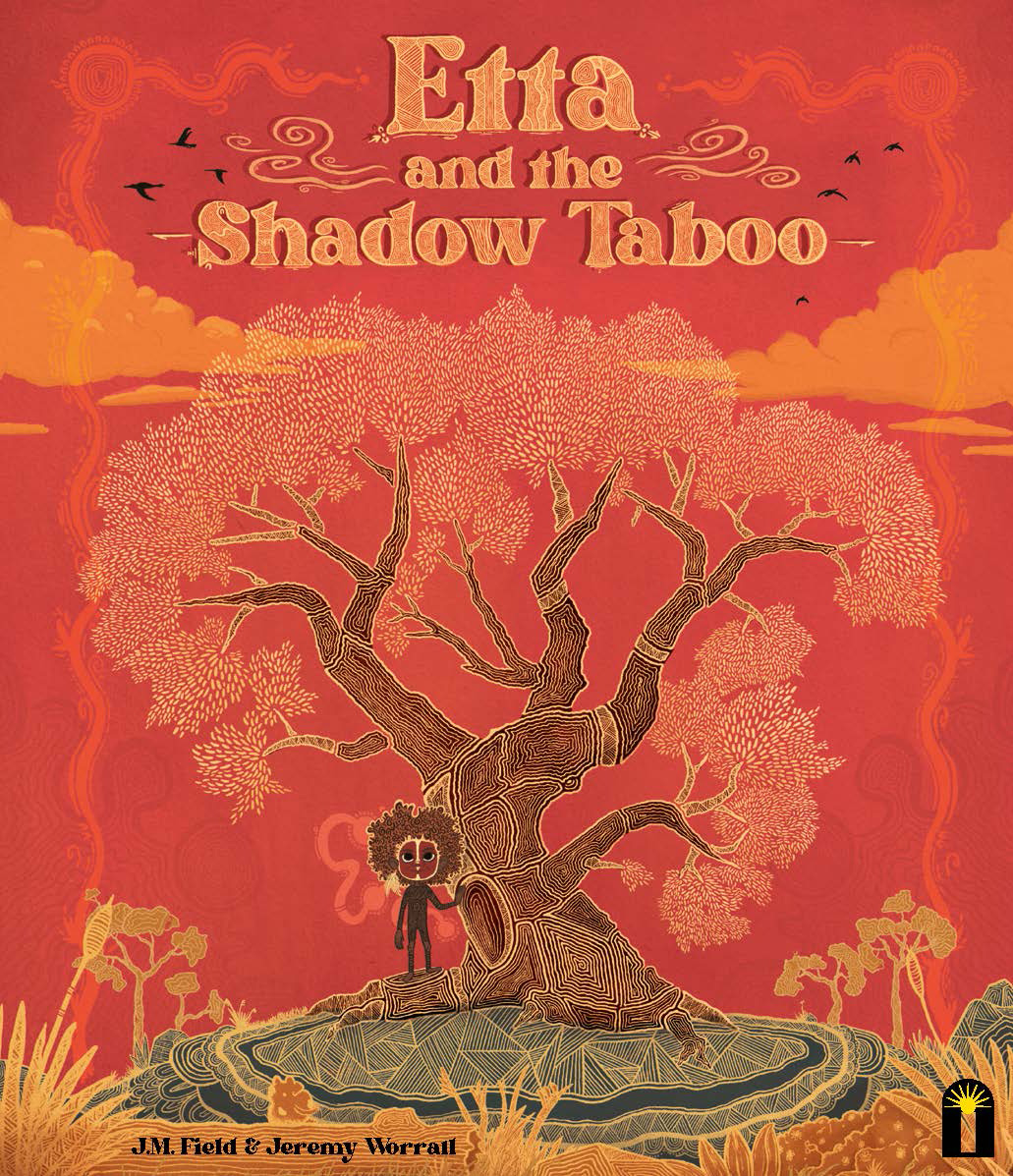There are many, often unspoken, social taboos in life. Respect for other people’s personal space is one that became prominent and important during the Covid pandemic was respect for other people’s personal space.
This story explores a cultural belief or ‘avoidance practice’ of the Gamilaraay people. In this story we learn that Etta, the story’s protagonist, has angered her sister by standing on her sister’s shadow not once but four times. Etta goes to the Spirit Tree for help which explains that shadows feel pain just like a person so you must not step on them. The tree turns Etta into a shadow and sends her to make amends with her sister Baawaa quickly or she would remain a shadow. She succeeds with some help and advice from others and learns to always think and ask ‘Where is theirs? And where is mine?
Respect for other people’s personal space is important in most societies. Shadow avoidance or shadow taboo is significant to the Gamilaraay people it contains several lessons but respecting the personal space of others is the most important and leads to the understanding and respect of one’s own personal space.
The illustrations in reds and ochre tones are intricate swirls and patterns. Of particular note is the artwork for the spirit tree and the aerial view of Country. Illustrator Jeremy Worrall has been shortlisted for several New Illustrator awards.
Author Dr J M Field (Spearim) is a Gamilaraay man from Moree. He is currently a McKenzie Fellow in the School of Mathematica and Statistics at the University of Melbourne. Illustrator Jeremy Worrall is a Ngarabal/Gomeroi man who specialises in First Nations multimedia.
‘Etta and the Shadow Taboo’ has been -
Shortlisted, Prime Minister’s Literary Award for Children’s Literature 2024
Shortlisted, CBCA Award for New Illustrator 2024
Highly Commended, Victorian Premier's Literary Award for Indigenous Writing 2024
Shortlisted, Ena Noël Award for Emerging Illustrator 2024

